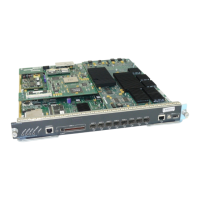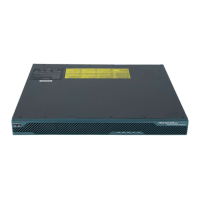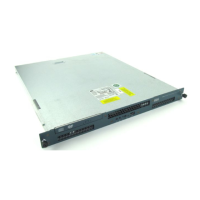3-3
Cisco IP Communicator Administration Guide for Cisco CallManager
OL-4698-01
Chapter 3 Deploying and Updating Cisco IP Communicator
Deploying the Application
Deployment Methods
Using either the executable or MSI package, you have three options for
performing installation:
• You can place the installer on a shared location where you or a user can run
it. (To use this method, users must have administrative privileges on their
PCs.)
• You can perform installation for an entire enterprise by using a software
distribution technology. (This method will temporarily elevate user privileges
for installation purposes, if necessary.)
• You can perform installation operations directly on an individual’s computer.
Note If users in your company do not have administrator rights on their computers,
Cisco recommends that you use a software deployment tool for initial
deployment. Alternately, you (the administrator) can install
Cisco IP Communicator manually on each client PC.
This sections contains these topics:
• Deploying to a Shared Location, page 3-3
• Using a Software Deployment Tool, page 3-4
• Using the Installer on the Client PC, page 3-5
Deploying to a Shared Location
You can deploy the executable or MSI package to a shared location, such as a web
server, where users can access it to perform installation. Alternately, you can use
the following command line option with the MSI package to create a server image
of Cisco IP Communicator at a specified network location:
msiexec.exe /a CiscoIPCommunicatorSetup.msi
See the “Customizing Deployment with Command Line Options” section on
page 3-5 for more information about using command lines.
